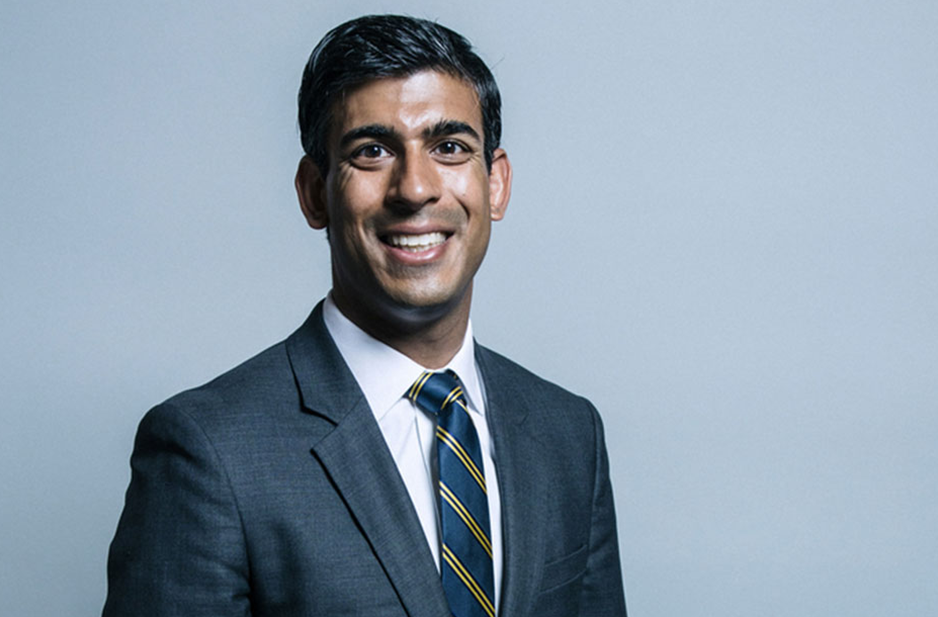In his Budget speech, Chancellor Rishi Sunak said that the UK's spending watchdog expects the economy will return to its pre-Covid level at the turn of the year. The Office for Budget Responsibility (OBR) has lifted its prediction for economic growth in 2021 to 6.5%, up from its previous forecast of 4%. It has also reduced its estimate of the long-term effect of Covid-19 on the economy from 3% to 2%.
But he acknowledged that the cost of living is rising. He described the economic picture as "strong" in the short term, with the OBR now expecting the economy to return to pre-pandemic levels six months earlier than it had forecast previously.
But the OBR forecast that economic growth would be lower next year than it previously thought, partly down to a better performance in 2021. In 2022, gross domestic product (GDP), which measures all the activity of companies, governments and people in an economy, will increase by 6%, the OBR said, rather than the 7.3% it predicted in March.
Mr Sunak said: “The pick-up in inflation, which measures how quickly the cost of living increases over time, is due to increased demand for energy and supply chain issues as economies and factories reopened following coronavirus lockdowns. The inflation rate was 3.1% in September and is likely to rise further."
"The pressures caused by supply chains and energy prices will take months to ease," Sunak said.
"It would be irresponsible for anyone to pretend that we can solve this overnight. Employment is up, investment is growing, public services are improving and the public finances are stabilising and wages are rising," he told MPs. "The Budget delivers a stronger economy for the British people: stronger growth, with the UK recovering faster than our major competitors."
He went on to say that unemployment had not hit the levels feared at the height of the pandemic - but inflation was set to rise further, from 3.1% to 4% over the next year. Much of his Budget had been pre-announced, but new measures included:
· A real-terms rise in spending for every government department
· A freeze on fuel duty
· Funding per pupil in England's schools is to be restored to 2010 levels over the next three years
· An extra £2.2bn for courts, prisons and probation services, including £500m to reduce courts backlogs
· A cut in air passenger duty for internal UK flights
· More support for industrial research and development
The Chancellor also announced plans to radically simplify alcohol tax, so that it was based purely on the strength of the drink. Taxes on sparkling wine, draught beer and cider are to be cut, but will rise for stronger drinks such as red wine and white ciders, from 2023.
And in a move aimed at saving pubs from closure, the duty on draught beer and cider will be cut by 5%, about 3p a pint. He also announced that the planned increase in duty on spirits, wine, cider and has been cancelled.
And he scrapped next year's planned increase in business rates in England and promised more frequent revaluations, and tax breaks for firms that make improvements to their properties, from 2023. In further moves to boost the leisure industry as it emerges from the pandemic, he announced a 50% business rate discount for pubs, cinemas, restaurants, gyms and other venues.
Chancellor Sunak waited until the end of his 70 minute speech to announce changes to universal credit, which come after a widely condemned £20-a-week cut to the benefit earlier this month. The universal credit taper will be cut, so that instead of losing 63p of benefit for every £1 earned above the work allowance, the amount will be reduced to 55p.
In the absence of Labour leader Sir Keir Starmer, who is self-isolating after testing positive for Covid, Shadow Chancellor Rachel Reeves said Labour would not make up for the £6bn cut from universal credit earlier this month, which affected five million families.
"Even after this reduction, working people on universal credit still face a higher marginal tax rate than the prime minister,” she said. “And those unable to work - through no fault of their own - still face losing over £1,000 a year."
Ms Reeves, who was drafted in to replace him at the last minute, said Mr Sunak had no coherent plan to deal with cost of living crisis facing many families, with rising energy bills and tax increases.











